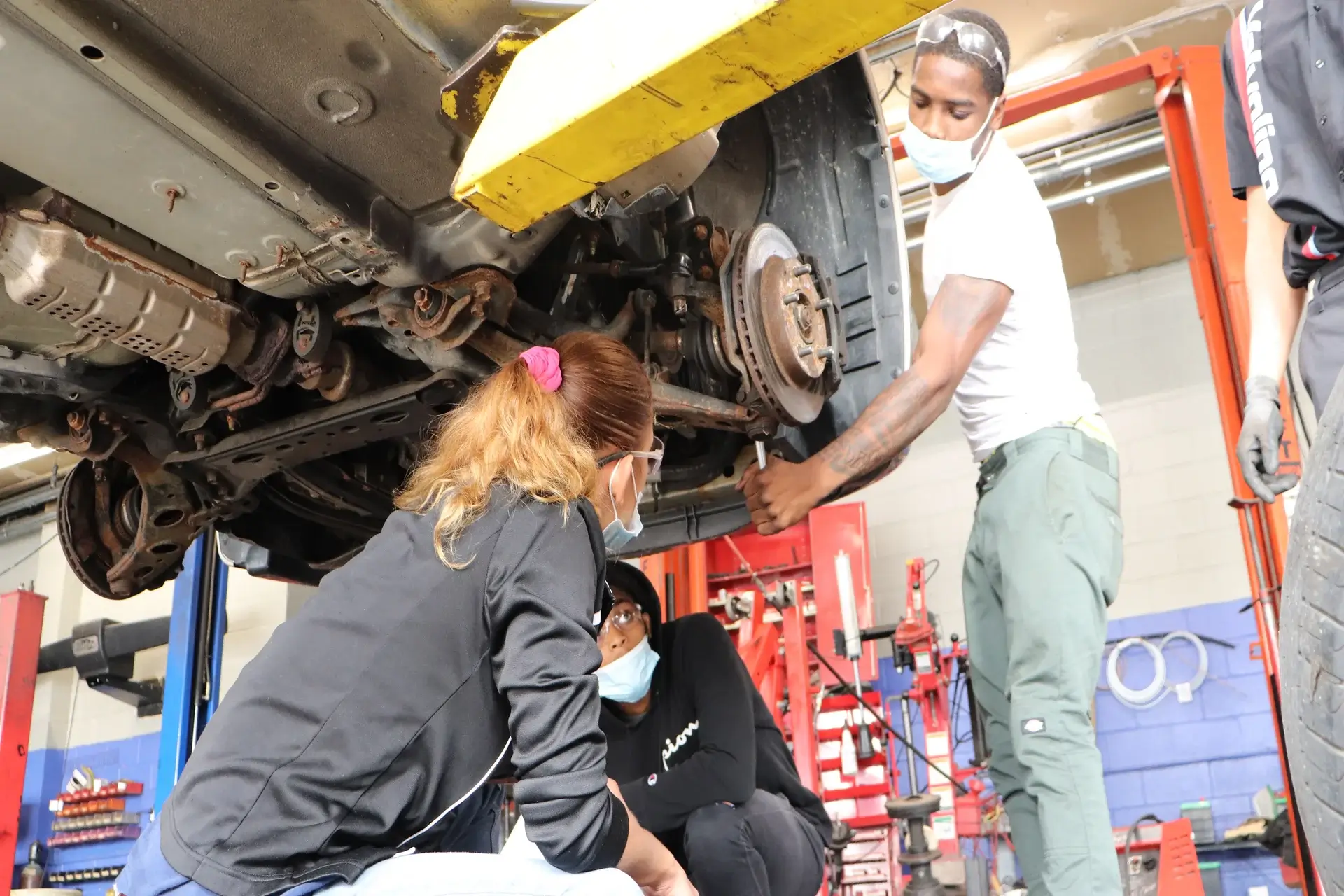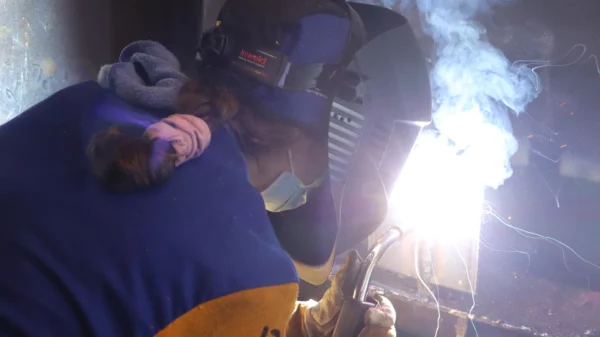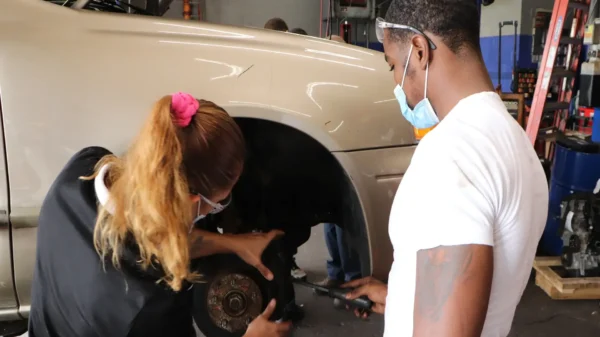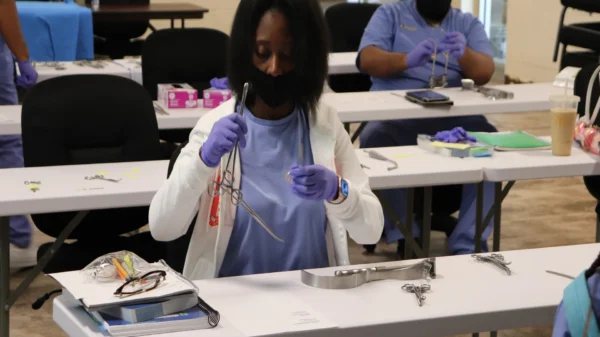Auto body technicians are not expected to have any certifications if they wish to work in an auto body or repair shop. However, automotive mechanics who like to become successful auto body technicians should seek certifications ready, so they become well-equipped to distinguish themselves from other competitors for the top jobs.
Most auto repair shops need their technicians to keep up an ASE certification. Though it is not always mandated, it is, however, recommended that technicians achieve it to help advance their careers. Having this certification can also make you look attractive to potential employers and can assist you to stand out among other competitors when looking for your next job vacancy.
ASE Certifications
The National Institute for Automotive Service Excellence, popularly known as ASE, gives the standard certificate for automotive service technicians. Those who aspire to become certified automotive technicians must clear the ASE test.
ASE offers auto mechanic certifications across the following eight specializations. If you wish to become an auto mechanic, these certifications will assist you gain an edge over others.
1. Engine Repair
This certificate verifies that automotive mechanics understand how to analyze and rectify engine issues. It also ensures that these machines can execute engine repairs before they result in long-lasting vehicle damage.
2. Engine Performance
This certification guarantees auto mechanics can verify a car’s engine and recognize issues that hamper a car’s action or prevent a or other vehicles from running. It confirms that these technicians understand the effect of temperature, humidity, and other characteristics that can affect the engine performance.
3. Automatic Transmission/Transaxle
This certification ensures that technician automotive understands the working of automatic transmission and what they can do to repair transmission issues.
4. Brakes
This certification validates that auto mechanics recognize the different types of car brake systems, their working pulse and their related components.
5. Electrical/Electronic Systems
This certification ensures that auto mechanics can rapidly identify a bad alternator, defective battery wires, or other electrical or electronic system problems that impact a car’s performance.
6. Heating and Air-Conditioning
This certification confirms that auto mechanics can find out why a car’s heating and AC system may not work appropriately. It also guarantees that these technicians can keep a car’s heating and AC system running at the top levels year-round.
7. Manual Drivetrain and Axles
This certification confirms that auto mechanics know the intricacies of a manual transmission in a mechanic car, so they can cure any drivetrain and axle issues.

8. Suspension and Steering
This certification verifies that auto repairing mechanics know the suspension parts used to support your car safely on the road. Moreover, the certification assures that these technicians can find out and improve any problems that disrupt a driver’s potential to properly steer a car.
You can give an ASE exam at any time, and it comprises 40 to 75 MCQ. The test focuses on various automotive duty areas, and practice tests are suitable to help you prepare for the examination.
If you pass the ASE test, you can serve as an Ase-certified automotive mechanic. Your ASE diploma will continue to be acceptable for five years; following this duration, you will be obliged to apply again. For certification and to take another exam.
Other Certifications Available
While ASE certifications are the greatly learned and frequently sought-after certifications that an auto mechanic can hold, others are abundant out there that those in the automotive world can work for.
Manufacturer-specific certifications are another incredible way to exhibit proficiency in working on a particular brand of car, mainly if you plan to work in a dealership, manufacturer, or speciality shop.
Many customers like to go to brand-specific auto shops to get their work done with cars. When they select such a shop, they get more confident while getting auto technicians that work particularly on their brand of car and can deliver the best care.
All leading car brands and factories offer certificates of knowledge and mastery when working on their vehicles. These manufacturer-specific certifications illustrate to employers and customers that they have an extraordinary level of knowledge when it comes to the brand that they are certified in.
Those who earn these kinds of certificates always work at dealerships or brand-specific auto shops and are authorized to solve problems, follow specific repair protocols, understand the structure and layouts of the engine and its fuel needs, and work on the vehicle safety systems. Other electrical components.

Does Certification Pay?
In life, knowledge is the biggest and highest power. This is also true in the automotive trade. The better you know, the better a mechanic (technician) you will be! Achieving an ASE certification or a manufacturer-specific certificate is an incredible way to show all you know to current and prospective employers.
These certificates and the knowledge required to earn them can also assist you to earn higher salaries. On average, the salary for an automotive technician is over $44,000 per year, according to the year 2020 data from the Bureau of Labor Statistics. Still, those who are ASE-certified commonly earn more. The BLS data demonstrates that auto mechanics who earn the top ten% make nearly $72,000 each year. Moreover, certifications can furthermore lead to extra pay raises as you move up the career ladder.



















